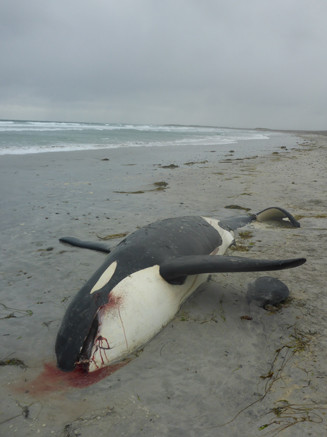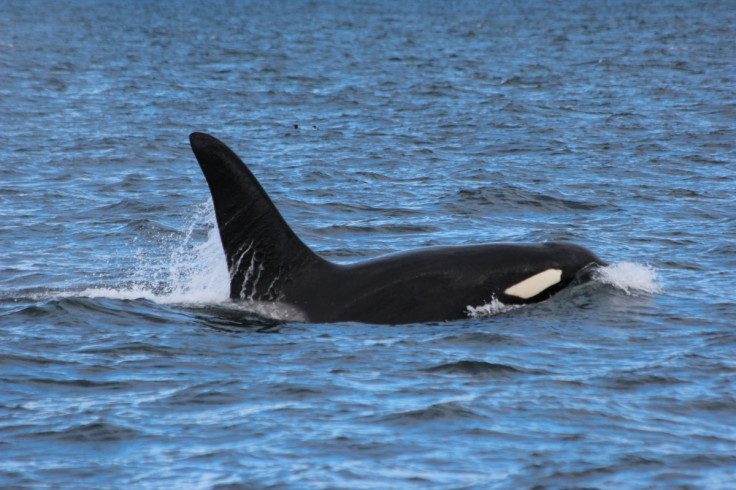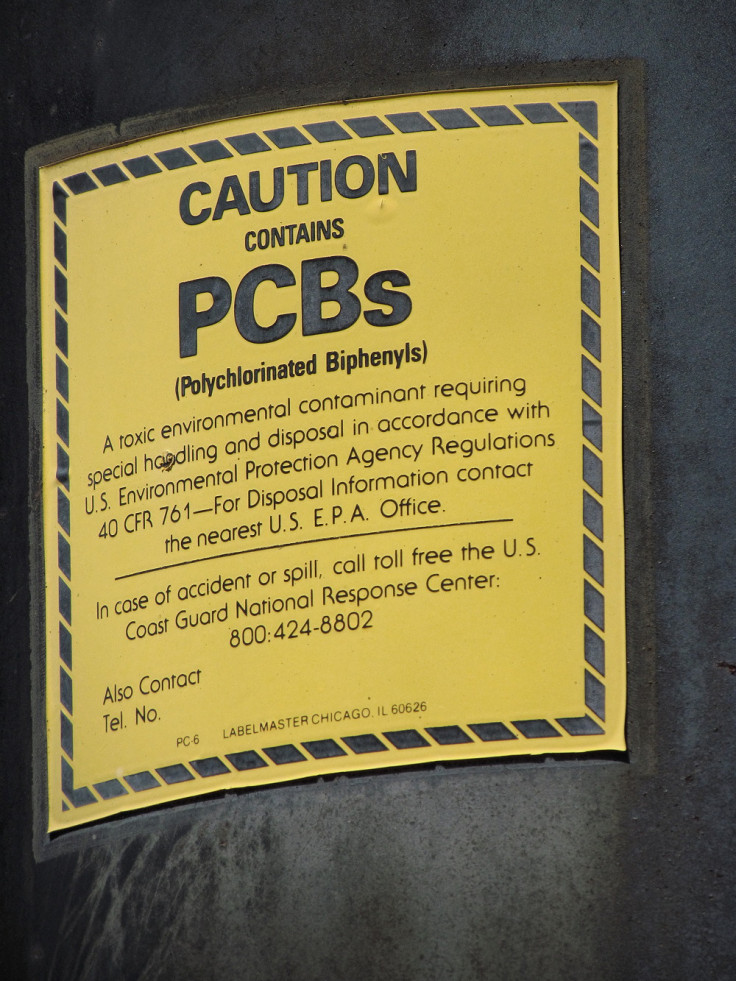Banned pollutant found in blubber of marine mammals shows PCBs still at dangerously high levels

Pollutants banned in the 1980s have been found in the blubber of European orca, dolphins and porpoises at among the highest levels on the planet. Researchers from the Zoological Society of London say these high concentrations of polychlorinated biphenyls (PCBs) will very likely lead to the decline of populations of marine animals – with killer whales facing the threat of extinction in European waters.
PCB is a synthetic chemical compound that was widely used in electrical components, flamer retardants and paints. They were banned in the US in 1979 and the UK in 1981, but remained in use in many European countries bordering the Mediterranean Sea until 1987. High exposure to the chemical is known to weaken the immune systems of cetaceans and reduce breeding success.

Published in the journal Scientific Reports, researchers analysed the blubber of 1,081 harbour porpoise, striped dolphin, bottlenose dolphin and orca that were stranded or biopsied. Findings showed that average PCB levels exceeded the toxicity thresholds for marine animals, with four areas particularly bad. These hotspots were the Mediterranean Sea, south-west Iberia, the Gulf of Cadiz and the Strait of Gibraltar.
The team believes that PCB concentrations in European waters are still very high because they have reached a steady state between environmental impact and degradation. For this reason, they believe PCB will continue to supress reproduction and drive population declines.
"Despite regulations and mitigation measures to reduce PCB pollution, their biomagnification in marine food webs continues to cause severe impacts among cetacean top predators in European seas," they wrote.

This has the potential to push European orca populations to extinction, lead author Paul Jepson warned. "The long life expectancy and position as apex or top marine predators make species like killer whales and bottlenose dolphins particularly vulnerable to the accumulation of PCBs through marine food webs," he said. "Our findings show that, despite the ban and initial decline in environmental contamination, PCBs still persist at dangerously high levels in European cetaceans.
"Few coastal orca populations remain in western European waters. Those that do persist are very small and suffering low or zero rates of reproduction. The risk of extinction therefore appears high for these discrete and highly contaminated populations. Without further measures, these chemicals will continue to suppress populations of orcas and other dolphin species for many decades to come."
© Copyright IBTimes 2025. All rights reserved.






















